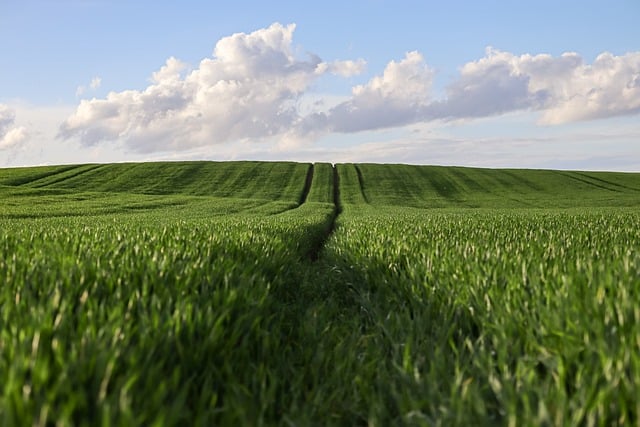The Impact of Unsustainable Agriculture on Our Environment
As we navigate the complexities of our modern world, the connection between unsustainable agriculture and desertification has never been clearer. Each year, agricultural practices that prioritize short-term gains leave scars on our planet, contributing to soil degradation and the relentless spread of arid landscapes. This delicate balance between sustenance and sustainability is tipping, and the effects are felt far beyond the fields.
The Environmental Toll
Our environment is a tapestry woven from millions of threads, each representing a unique ecosystem. When unsustainable agriculture rears its head, it tears at those threads. The excessive use of fertilizers and pesticides pollutes waterways and disrupts local habitats, while monoculture—growing a single crop over vast areas—restricts biodiversity, making ecosystems vulnerable to pests and diseases.
Moreover, intensive farming practices lead to the overextraction of water sources. As aquifers deplete, the land becomes more susceptible to desertification, turning once-fertile regions into barren wastelands. This isn’t just an environmental issue; it’s a human one. Communities dependent on agriculture face food insecurity and economic despair, exacerbating already existing inequalities.
Climate Change Amplified
The dialogue around climate change has brought unsustainable agricultural practices into sharp focus. Agriculture contributes significantly to greenhouse gas emissions, and as the climate warms, regions once suitable for farming may become uninhabitable. The vicious cycle continues: as climate conditions deteriorate, more land is cleared and overexploited in search of arable soil, further contributing to deforestation and land degradation.
Farmers often find themselves in a precarious position—caught between the demand for higher yields and the urgent need for sustainable practices. The pressures of a growing global population exacerbate this dilemma, leading to unsustainable choices that jeopardize the future of our planet.
Calling for Action
Our environment craves a shift towards sustainable practices. Regenerative agriculture is an alternative that offers hope. By focusing on soil health, crop rotation, and reduced chemical usage, this approach not only preserves the land but also helps restore ecosystems affected by previous practices. Investing in education and resources for farmers can create a ripple effect, as communities embrace practices that regenerate rather than deplete.
Taking a stand against unsustainable agriculture means safeguarding our planet for future generations. Each choice we make in our consumption—supporting local and organic farmers, reducing waste, and advocating for policy changes—can contribute to a broader commitment to environmental stewardship. The time for action is now; our planet’s health depends on it.



